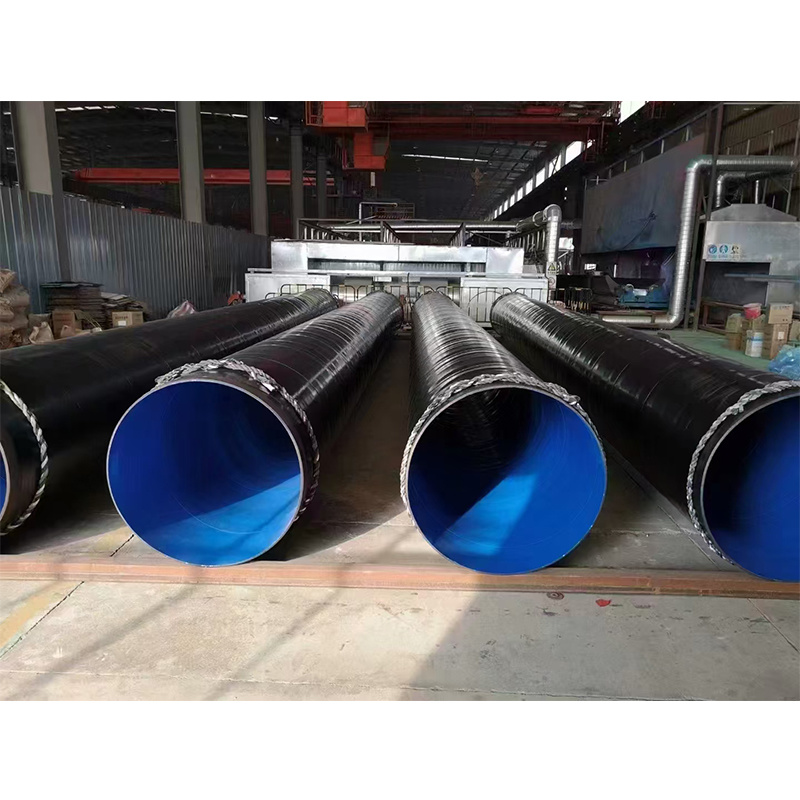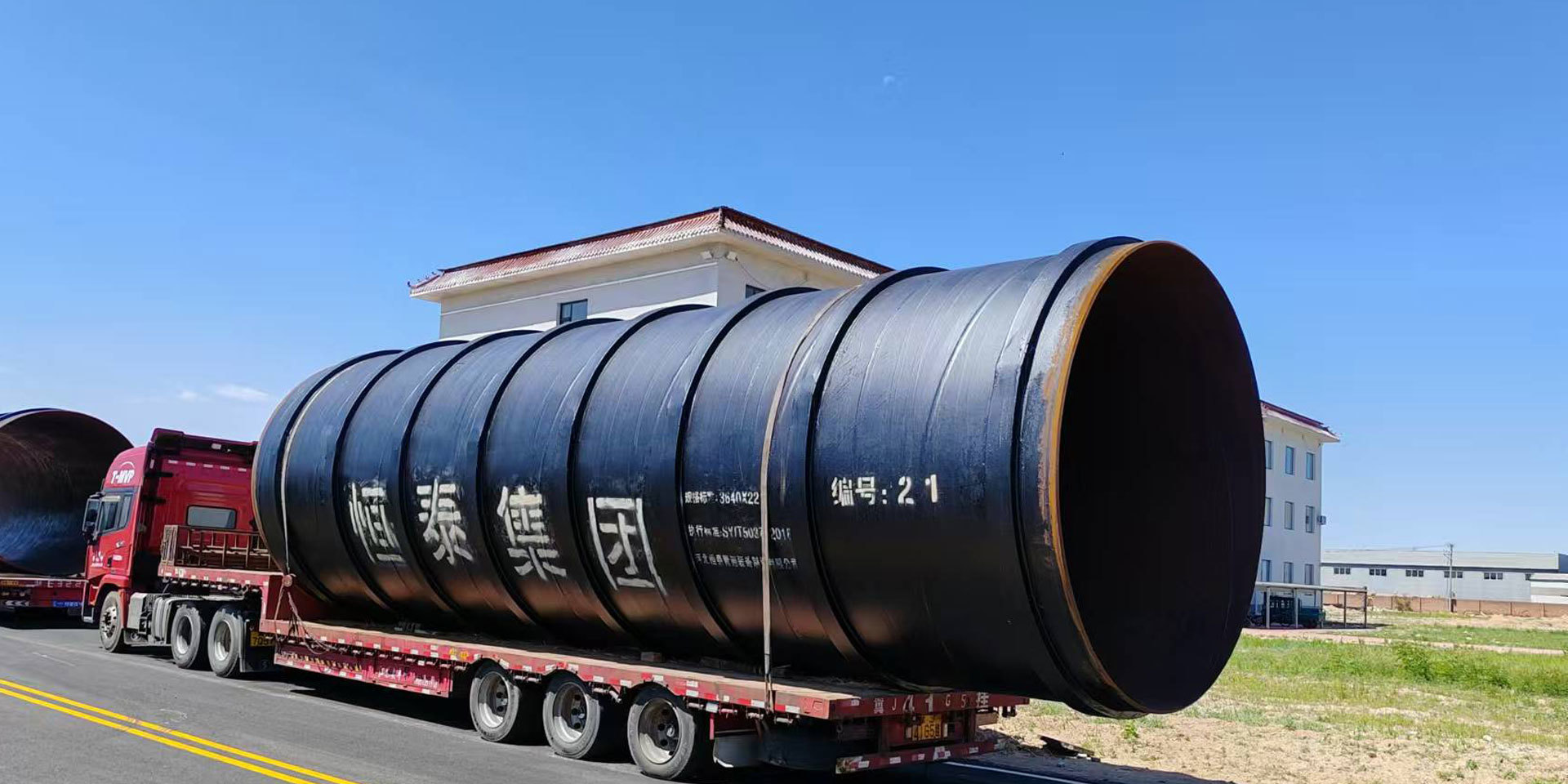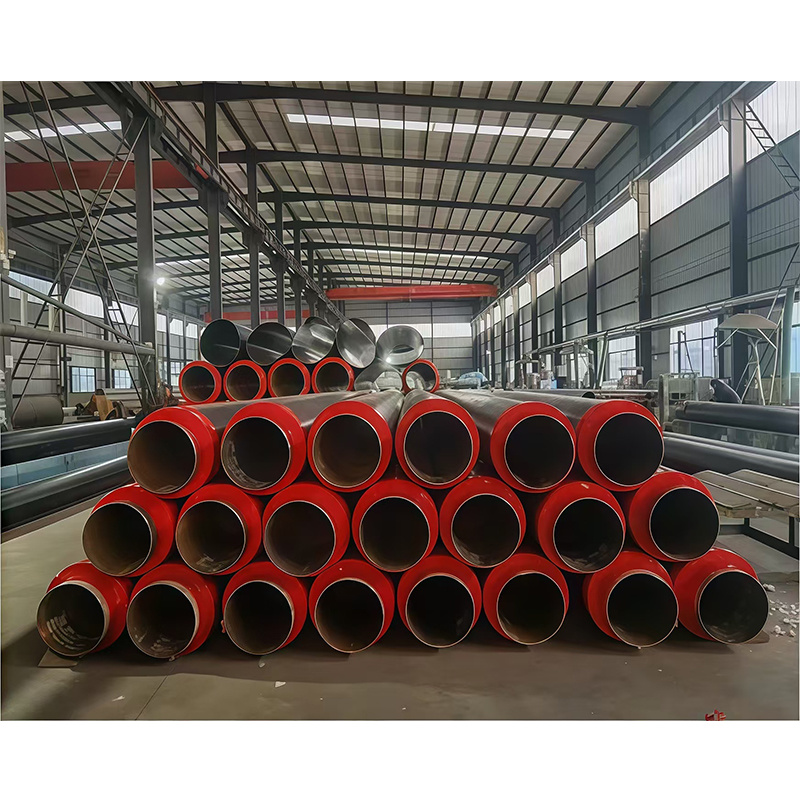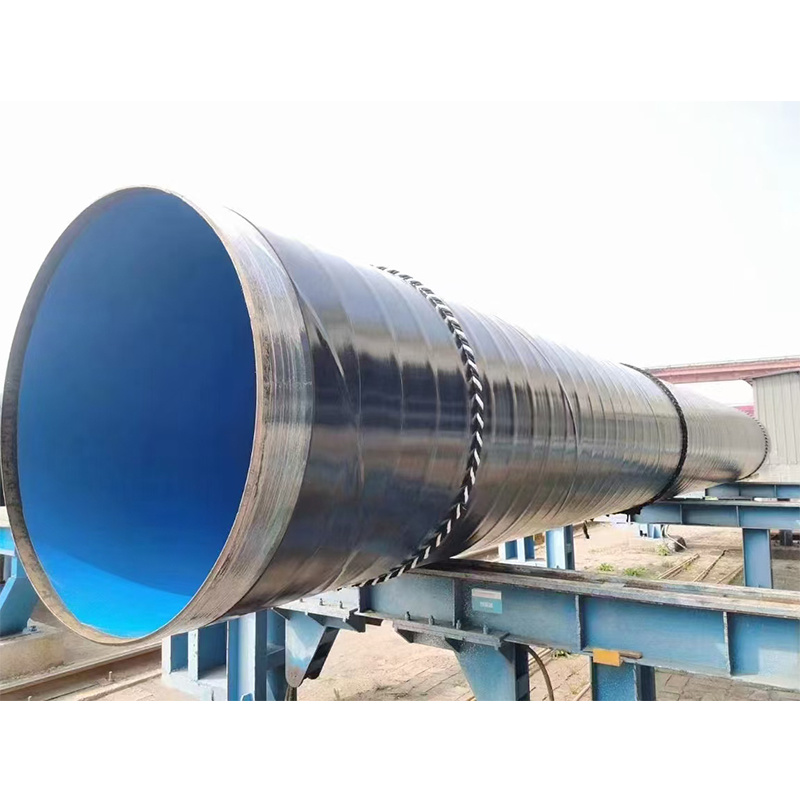The Essential Guide to Polyethylene Coated Steel Pipe Sources
Jun 07,2025
Polyethylene coated steel pipes are increasingly popular in various construction and decoration applications. These pipes are made of steel and coated with a layer of polyethylene, offering enhanced durability, corrosion resistance, and longevity. Understanding where to source these essential materials can impact the quality and success of construction projects.
One of the primary benefits of poly

Polyethylene coated steel pipes are increasingly popular in various construction and decoration applications. These pipes are made of steel and coated with a layer of polyethylene, offering enhanced durability, corrosion resistance, and longevity. Understanding where to source these essential materials can impact the quality and success of construction projects.
One of the primary benefits of polyethylene coated steel pipes is their ability to resist corrosive elements, making them ideal for both indoor and outdoor applications. The polyethylene coating acts as a protective barrier, preventing moisture and other harmful substances from deteriorating the steel underneath. This feature is particularly valuable in environments where pipes are exposed to harsh weather conditions or chemicals.
When it comes to sourcing polyethylene coated steel pipes, it's important to consider the specifications that meet your project's demands. The diameter, wall thickness, and length of the pipes can vary significantly, depending on the intended application. Therefore, evaluating the technical requirements of your project is crucial in selecting the right product.
Reputable suppliers and manufacturers are key sources for polyethylene coated steel pipes. They often provide detailed information regarding the materials used, the manufacturing processes, and the performance standards of their products. It's advisable to research potential suppliers thoroughly, looking for those with a solid reputation in the industry. Customer reviews and testimonials can also provide insights into the reliability of the supplier's products and services.
In addition to physical properties, understanding the environmental impact of polyethylene coated steel pipes is becoming increasingly important. Many manufacturers are now adopting sustainable practices, ensuring that the materials used and the production processes minimize environmental harm. Engaging with suppliers who prioritize sustainability can enhance your project’s green credentials.
Moreover, networking within industry associations and attending trade shows can also provide valuable connections and insights into sourcing polyethylene coated steel pipes. These platforms allow you to meet industry experts, gain knowledge about the latest trends, and make informed decisions regarding your material choices.
In conclusion, sourcing polyethylene coated steel pipes involves understanding the benefits they offer, evaluating supplier options, and considering environmental impacts. By taking the time to research and connect with reputable suppliers, you can ensure that your construction and decoration projects are supported by high-quality materials that meet your needs. With their durability and resistance to corrosion, polyethylene coated steel pipes are a reliable choice for modern construction applications.
One of the primary benefits of polyethylene coated steel pipes is their ability to resist corrosive elements, making them ideal for both indoor and outdoor applications. The polyethylene coating acts as a protective barrier, preventing moisture and other harmful substances from deteriorating the steel underneath. This feature is particularly valuable in environments where pipes are exposed to harsh weather conditions or chemicals.
When it comes to sourcing polyethylene coated steel pipes, it's important to consider the specifications that meet your project's demands. The diameter, wall thickness, and length of the pipes can vary significantly, depending on the intended application. Therefore, evaluating the technical requirements of your project is crucial in selecting the right product.
Reputable suppliers and manufacturers are key sources for polyethylene coated steel pipes. They often provide detailed information regarding the materials used, the manufacturing processes, and the performance standards of their products. It's advisable to research potential suppliers thoroughly, looking for those with a solid reputation in the industry. Customer reviews and testimonials can also provide insights into the reliability of the supplier's products and services.
In addition to physical properties, understanding the environmental impact of polyethylene coated steel pipes is becoming increasingly important. Many manufacturers are now adopting sustainable practices, ensuring that the materials used and the production processes minimize environmental harm. Engaging with suppliers who prioritize sustainability can enhance your project’s green credentials.
Moreover, networking within industry associations and attending trade shows can also provide valuable connections and insights into sourcing polyethylene coated steel pipes. These platforms allow you to meet industry experts, gain knowledge about the latest trends, and make informed decisions regarding your material choices.
In conclusion, sourcing polyethylene coated steel pipes involves understanding the benefits they offer, evaluating supplier options, and considering environmental impacts. By taking the time to research and connect with reputable suppliers, you can ensure that your construction and decoration projects are supported by high-quality materials that meet your needs. With their durability and resistance to corrosion, polyethylene coated steel pipes are a reliable choice for modern construction applications.
TAG:
Related Posts
Unlocking the Benefits of CE Coated Steel Pipes for Natural Gas: A Comprehensive Guide
Unlocking the Benefits of CE Coated Steel Pipes for Natural Gas
Natural gas plays a vital role in our energy ecosystem, serving as a cleaner-burning alternative to traditional fossil fuels. As the demand for natural gas continues to grow, so does the need for reliable and efficient transportation systems. One critical component in this infrastructure is the piping used to transport natural gas. In









